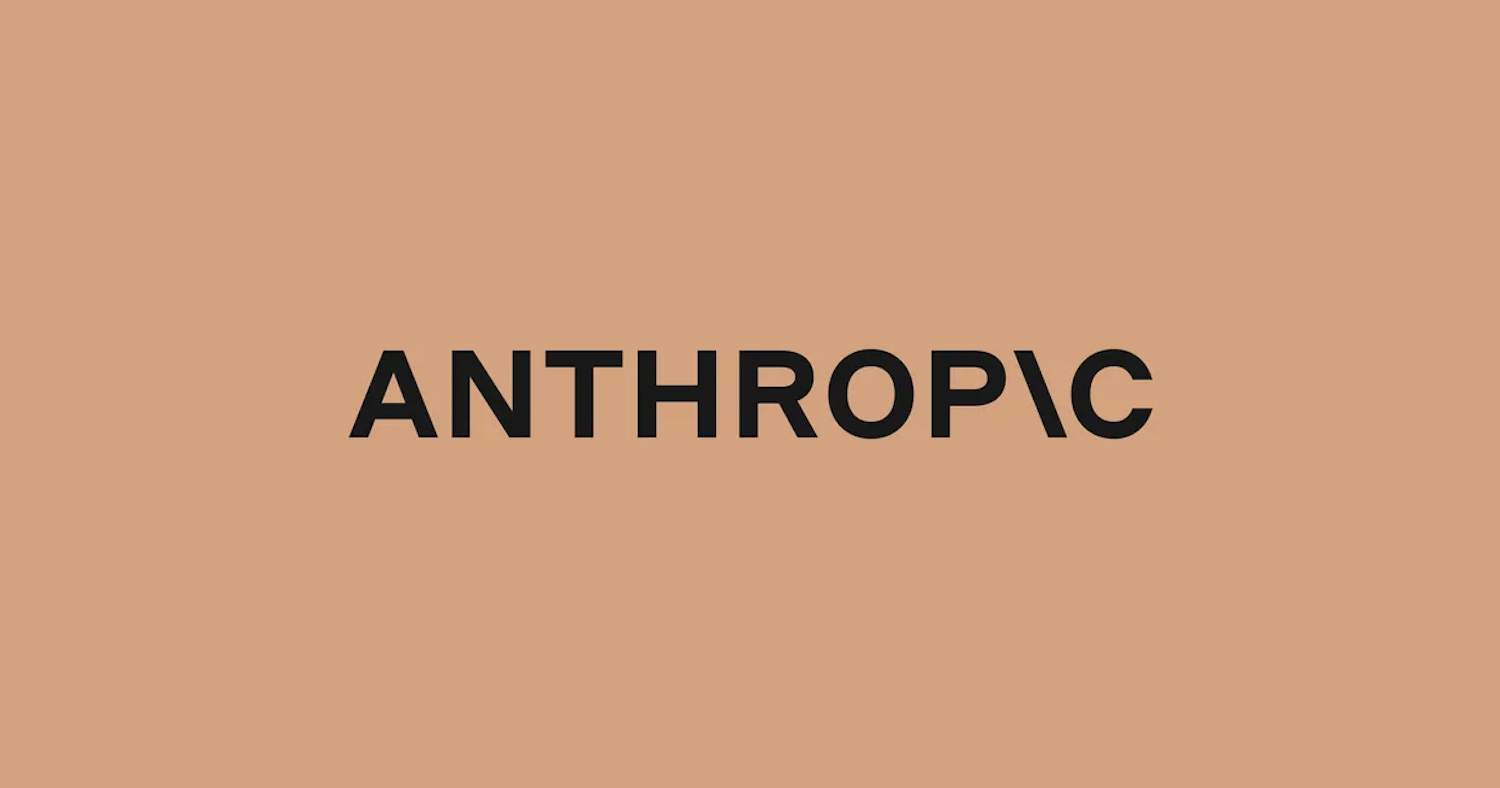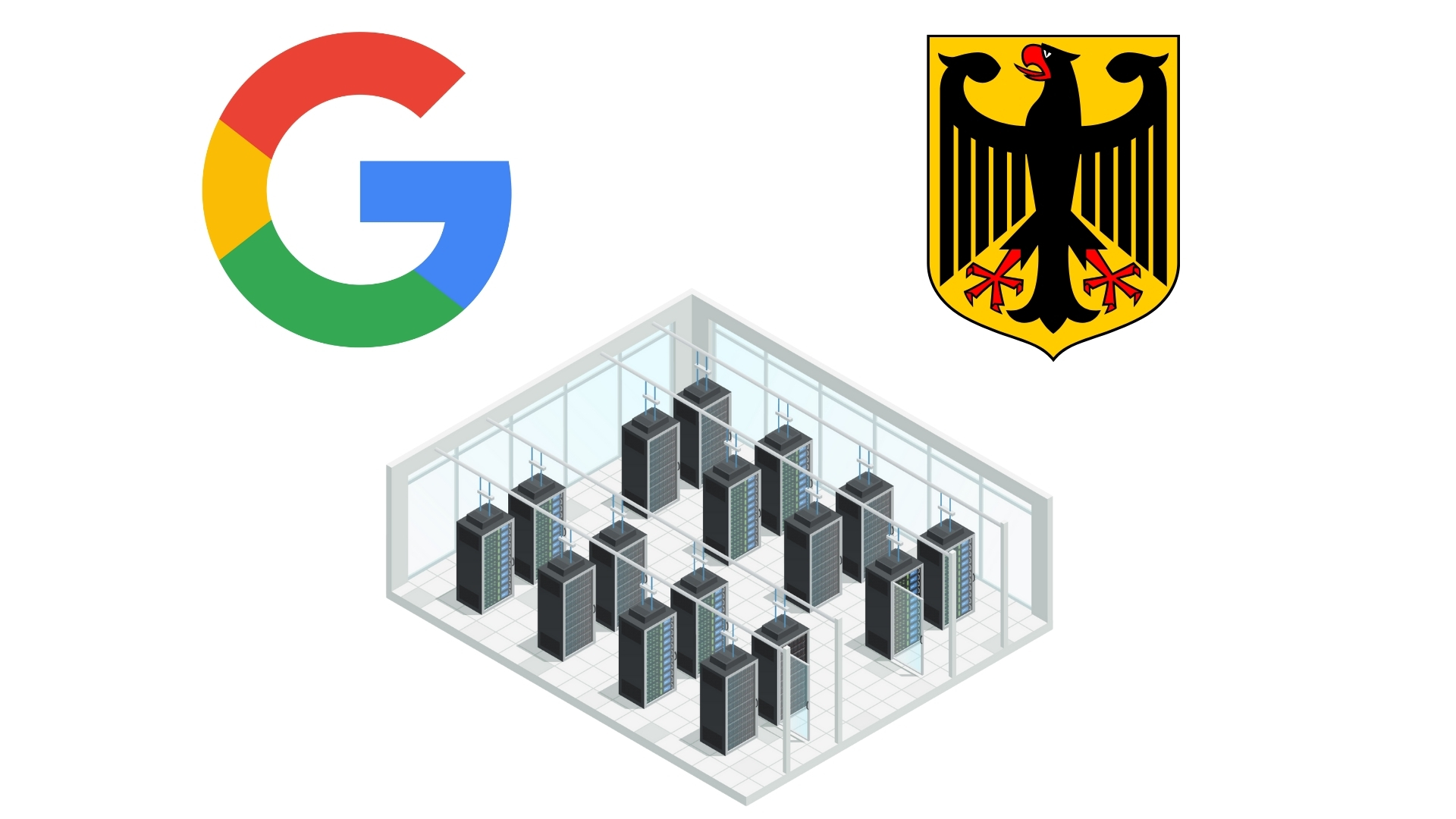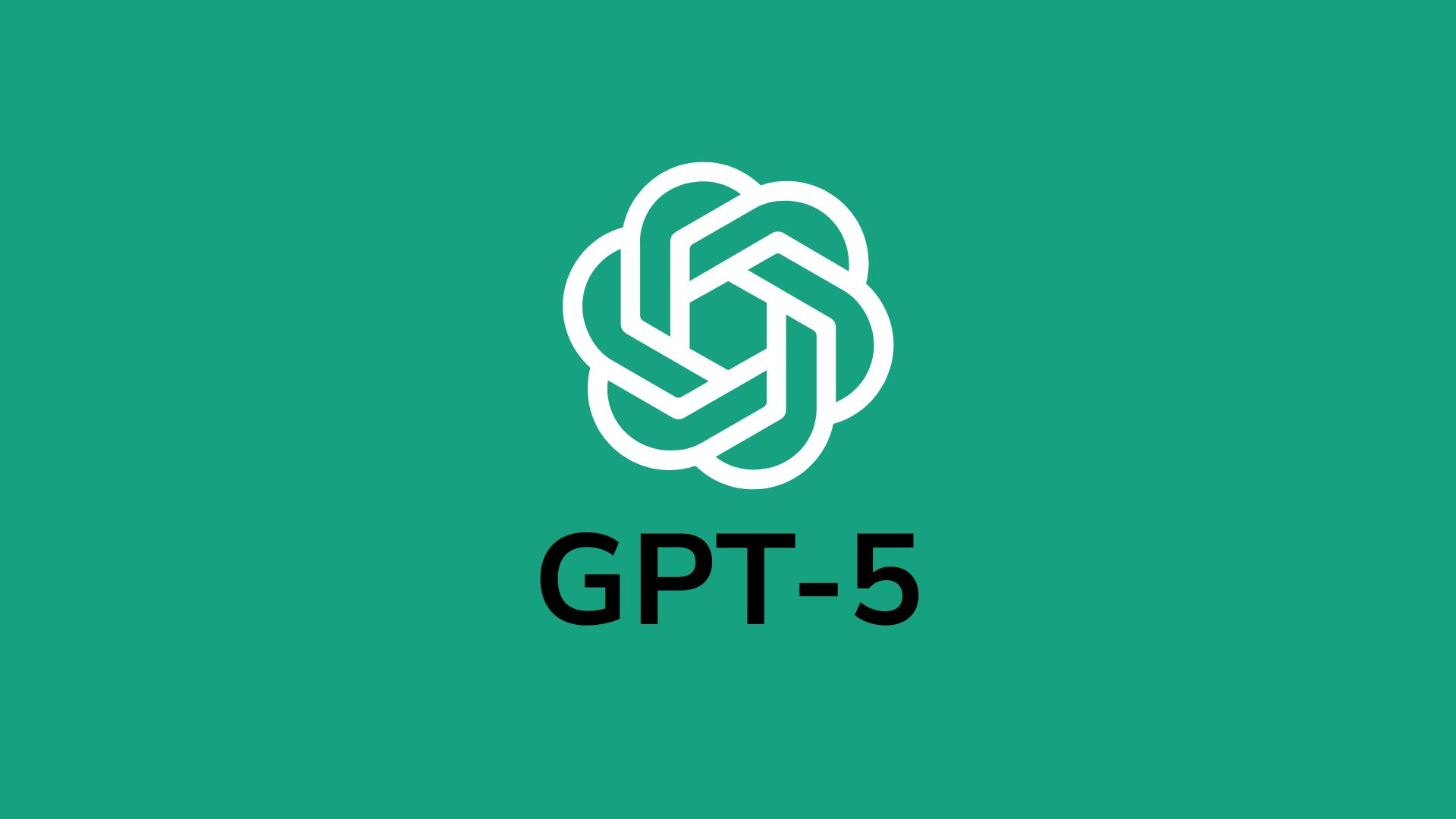The US AI safety and research company, Anthropic, has announced a $50 billion investment to expand AI computing infrastructure inside the country, partnering with Fluidstack to build data centres in Texas and New York, with additional sites planned.
These facilities are designed to optimise efficiency for Anthropic’s workloads, supporting frontier research and development in AI.
The project is expected to generate approximately 800 permanent jobs and 2,400 construction positions as sites come online throughout 2026.
An investment that aligns with the Trump administration’s AI Action Plan, aiming to maintain the US leadership in AI while strengthening domestic technology infrastructure and competitiveness.
Dario Amodei, CEO and co-founder of Anthropic, highlighted the importance of such an infrastructure in developing AI systems capable of accelerating scientific discovery and solving complex problems.
The company serves over 300,000 business customers, with a sevenfold growth in large accounts over the past year, demonstrating strong market demand for its Claude AI platform.
Fluidstack was selected as Anthropic’s partner for its agility in rapidly deploying high-capacity infrastructure. The collaboration aims to provide cost-effective and capital-efficient solutions to meet the growing demand, ensuring that research and development can continue to be at the forefront of AI innovation.
Would you like to learn more about AI, tech and digital diplomacy? If so, ask our Diplo chatbot!










